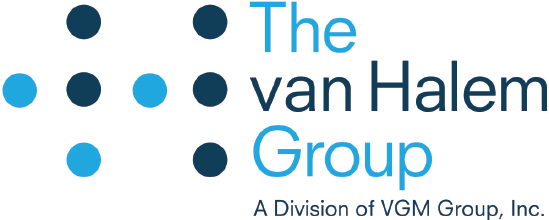The van Halem Group has identified an increase in UPIC audit requests for CGM and supplies for both pandemic and current dates of service. The UPICs are auditing providers on both a prepayment and postpayment basis. CMS recently indicated that they wanted to make sure that beneficiaries were using the equipment as intended. There has also been an uptick in complaints of beneficiaries receiving CGM devices that had not requested them, which is likely driving this trend.
If you provide CGM and supplies to Medicare FFS beneficiaries you may be at risk of receiving an audit request from one of the CMS UPIC contractors: Qlarant (Western and Southwest regions), Safeguard Services (Southeast and Northeast regions) or CoventBridge (Midwest region).
A couple of things to keep in mind if you receive an audit request from the UPIC for CGM and/or supplies:
- Know the coverage requirements in place for the dates of service you billed.
For CGM claims with PHE dates of service: Some providers have experienced UPIC denials, in which the UPICs cited LCD requirements (which were waived) but also citing the Social Security Act (SSA) Sec. 1833 [42 U.S.C. 1395l], which generally states that items billed to Medicare must be “reasonable and necessary”. To facilitate a fair review, it may be helpful to reference the below in your audit response letter:
‘In accordance with CMS-1744-IFC, CMS determined it was in the best interest of patients, health care professionals, and suppliers to limit face-to-face encounters and avoid exposure of vulnerable Medicare beneficiaries to COVID-19. Therefore, CMS waived NCD or LCD (including policy articles) requirements that required a face-to-face or in-person encounter for evaluations, assessments, and certifications. CMS also determined that clinical indications for coverage found in respiratory, infusion pump, and therapeutic continuous glucose monitor NCDs or LCDs should not be enforced.’
For claims submitted after the PHE ended on 5/11/2023, a treating practitioner visit must be conducted to assess the beneficiary’s adherence to their CGM regimen and diabetes treatment plan within 6 months after the PHE ended. So, all Medicare beneficiaries have to visit their practitioner prior to 11/11/2023.
- Assess your risk.
For claims with dates of service after the PHE to present, review the coverage requirements to ensure your medical documentation supports medical necessity. If you identify potential issues, attempt to collect addendums, where appropriate. These will not be considered during the audit but can be in an appeal situation. If you identify claims that should not have been billed, initiate the refund to your DME MAC and provide proof of the claim adjustment to the UPIC in your response.
- Keep timelines in mind.
Many providers are still experiencing staffing issues and may have difficulty responding to a large audit request. Should you need more time to respond, contact the UPIC to request an extension. While this is only applicable for postpayment claims audits, the UPICs have historically been agreeable to extension requests.
It is important to know that an audit request should be handled seriously and responded to in a complete and timely manner. In some instances, the use of a consultant or legal counsel is recommended. If you receive a request from the UPIC and would like some help, contact us!
The van Halem Group’s team of expert clinicians and consultants are available to review your patient files prior to submission and submit a complete audit response on your behalf. We also have proactive audit options to assure your claims are clean before an audit occurs.

